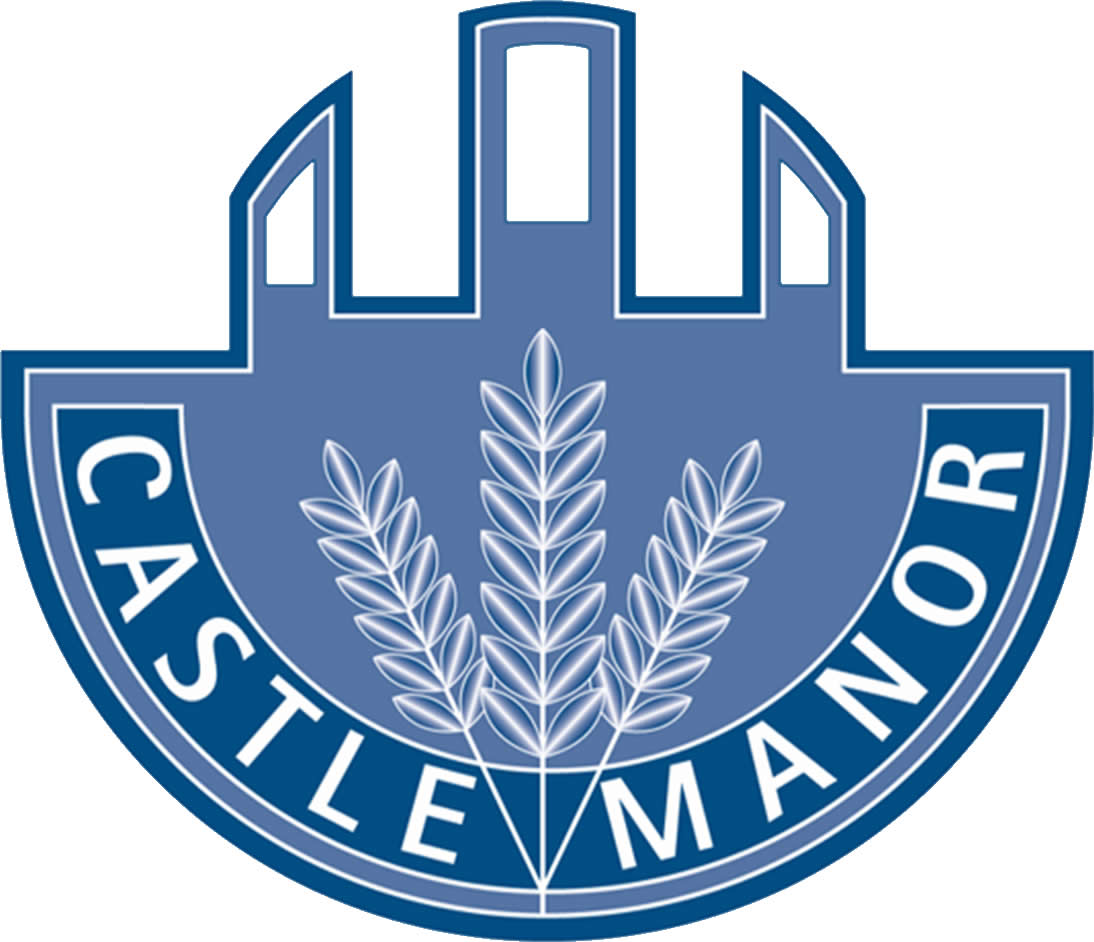Welcome to History!
The purpose of the study of history is to develop students’ sense of identity, understand their place in the world, how and why the world and society has changed and the different experiences of a variety of people in the past, giving students the ability to navigate the global society they will find themselves in. Through the study of history, students will develop a tolerance and a world view that will provide a foundation not just for their historical study but also for their wider lives. We will ensure students finish KS3 with a broad knowledge of both local, national and worldwide events of historical significance.
Through the history curriculum, students will develop certain skills, such as being able to understand where the perspective in a source may come from, how this affects what is being presented and why this is important. As well as being a key historical skill, in today’s world this is also a crucial life skill to possess as the population needs to think critically about any information they are presented with.
Large parts of our curriculum will be based upon academic historians work and using both this and contemporary evidence, students will work hard to research, collate and interrogate evidence to form a reasoned and sustained argument. Not only is this crucial for GCSE History, should they choose to take it, but it is important in all walks of life in both professional and personal capacities.
- How did the balance of power change during Tudor England?In our opening unit we examine the power of women, the Church and the monarch and how this changed over the course of the Tufor era through events such as the Reformation and the Spanish Armada
- What can pamphlets tell us about 17th Century Politics?This is an examination of the Civil War of the 1600s, looking at what people’s concerns were, how the country was divided, the Interregnum and the eventual Restoration of the Monarchy.
- How Enlightened was the French Revolution?This introduced students to the crucial changes in the thinking during the 1700s which eventually led to the more familiar elements of democracy that we know today. Much of this unit is focused on a case study of the French Revolution to see how these ideas affected a country and made irreversible changes to its running.
- What impact did the discovery of the New World have on Europeans and Africans?Our study of enslavement beings with an examination of life in parts of Africa during the 1500 and 1600s before beginning to understand the reasons for the slave trade and the rise of racism. We focus on experiences using first hand accounts before moving onto the looking at the impact both in Britain and Africa.
- How did working class people’s lives change from 1750- 1900?When studying the Industrial Revolution we look at how the ordinary persons life changed, the impact on public health and how the working class began to push for greater changes.
- What were people’s experiences of the British Empire?This unit examines what the British Empire was, the impact it had on Britain and the impact Britain had on some of the colonies. It ties together our units on enslavement and the Industrial Revolution, as we realise that they were all interconnected.
- How democratic was Britain by the end of the 19th century?Students examine what features of democracy changed, how and why, during the course of the 1800s, reflecting on the long term impact some of the Enlightenment ideas had.
Our Staff
- Ms Jones
- Miss Byrne
